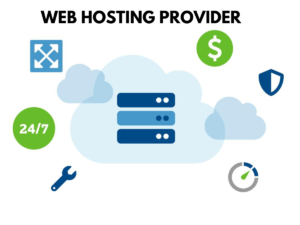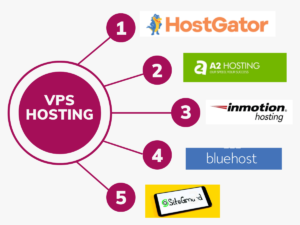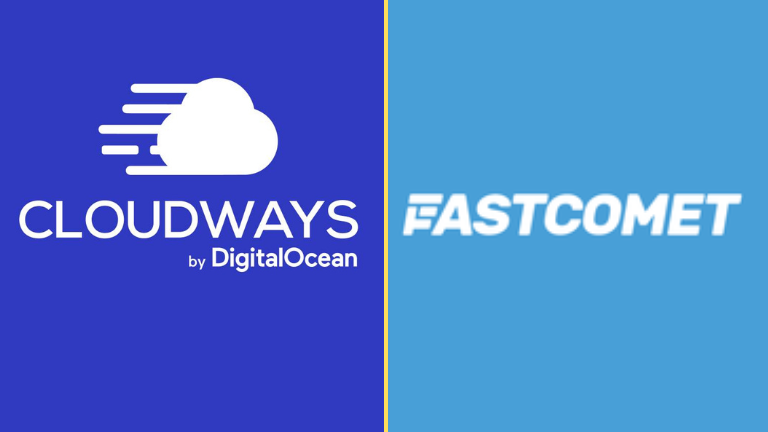When it comes to launching a website, one of the most crucial decisions you’ll make is choosing a web hosting provider. With so many options available, it can be overwhelming to determine which provider is the best fit for your needs. Whether you’re a small medium enterprise, agency, developer, or e-commerce business, there are several key considerations to keep in mind. In this article, we’ll discuss the top 5 things to consider when selecting a web hosting provider.
Web Hosting Comparison
Before diving into the specific considerations, let’s first take a look at the different types of web hosting available. Understanding the options will help you make an informed decision that aligns with your requirements.
- Shared Hosting: This is the most affordable option and is ideal for small websites or those just starting out. With shared hosting, your website shares server resources with other websites, which can impact loading times and overall performance.
- VPS Hosting: Virtual Private Server (VPS) hosting provides a higher level of control and resources compared to shared hosting. It involves dividing a physical server into multiple virtual servers, allowing websites to have dedicated resources. VPS hosting is suitable for websites with moderate traffic.
- Dedicated Hosting: With dedicated hosting, you have an entire physical server dedicated to your website. This option offers maximum control, flexibility, and resources. It is recommended for high-traffic websites or those with specific security and customization needs.
- Cloud Hosting: Cloud hosting utilizes multiple servers to ensure uptime and scalability. It is a reliable option that allows you to easily scale your resources as your website grows.
Now that we have a basic understanding of the different types of web hosting, let’s explore the key considerations to keep in mind when selecting a provider.
1. Performance and Reliability
When it comes to web hosting, performance and reliability are of utmost importance. A slow-loading website can lead to a poor user experience and negatively impact your search engine rankings. Look for a provider that offers robust infrastructure, including fast servers and solid-state drives (SSDs) for storage. Additionally, check for uptime guarantees to ensure your website is accessible to visitors at all times.
2. Scalability
As your website grows, you’ll need the ability to scale your resources accordingly. Choose a web hosting provider that allows easy upgrades in terms of storage, bandwidth, and processing power. Scalability ensures that your website remains accessible and responsive, even during periods of high traffic.
3. Security
Website security is a top priority for any business or organization. When selecting a web hosting provider, consider the security measures they have in place. Look for features such as SSL certificates, firewalls, malware scanning, and regular backups. These measures help protect your website from potential threats and ensure your customers’ data is safe.
4. Customer Support
No matter how technologically advanced your web hosting provider is, you may still encounter issues or have questions. That’s why it’s essential to choose a provider that offers excellent customer support. Look for 24/7 support channels such as live chat, email, and phone, and check whether they have a knowledgeable and responsive support team. Quick resolution of any issues can save you time and minimize any potential downtime.
5. Pricing and Plans
Last but not least, consider the pricing and plans offered by the web hosting provider. While affordability is important, it’s equally vital to ensure you’re getting good value for your money. Compare the features and resources offered in each plan and assess whether they meet your website’s requirements. Keep in mind that choosing the cheapest option may not always be the best decision in the long run, as it could result in slower performance or inadequate customer support.
Affordable Web Hosting
Now that we’ve discussed the top considerations when choosing a web hosting provider, let’s highlight a few affordable options that cater to small medium enterprises, agencies, developers, and e-commerce businesses:
- Bluehost: Known for its reliability and excellent customer support, Bluehost offers affordable shared hosting plans suitable for small to medium-sized websites.
- SiteGround: SiteGround provides a range of hosting options, including shared, cloud, and dedicated hosting. They offer competitive pricing and exceptional performance.
- HostGator: With reliable uptime and a wide range of hosting plans, HostGator is a popular choice for small businesses and developers.
- A2 Hosting: A2 Hosting offers fast and reliable hosting solutions at affordable prices. They have a reputation for excellent customer service.
- DreamHost: DreamHost provides shared, VPS, and dedicated hosting solutions optimized for WordPress websites. They offer a generous 97-day money-back guarantee.
It’s important to research each provider and compare their offerings to ensure they align with your specific needs and budget.
Conclusion
Choosing a web hosting provider is a crucial decision that can significantly impact the success of your website. By considering factors such as performance, scalability, security, customer support, and pricing, you’ll be able to make an informed choice. Remember to assess your specific requirements and choose a provider that can accommodate your website’s needs and support its growth. With the right web hosting provider, you’ll have a solid foundation for a successful online presence.




